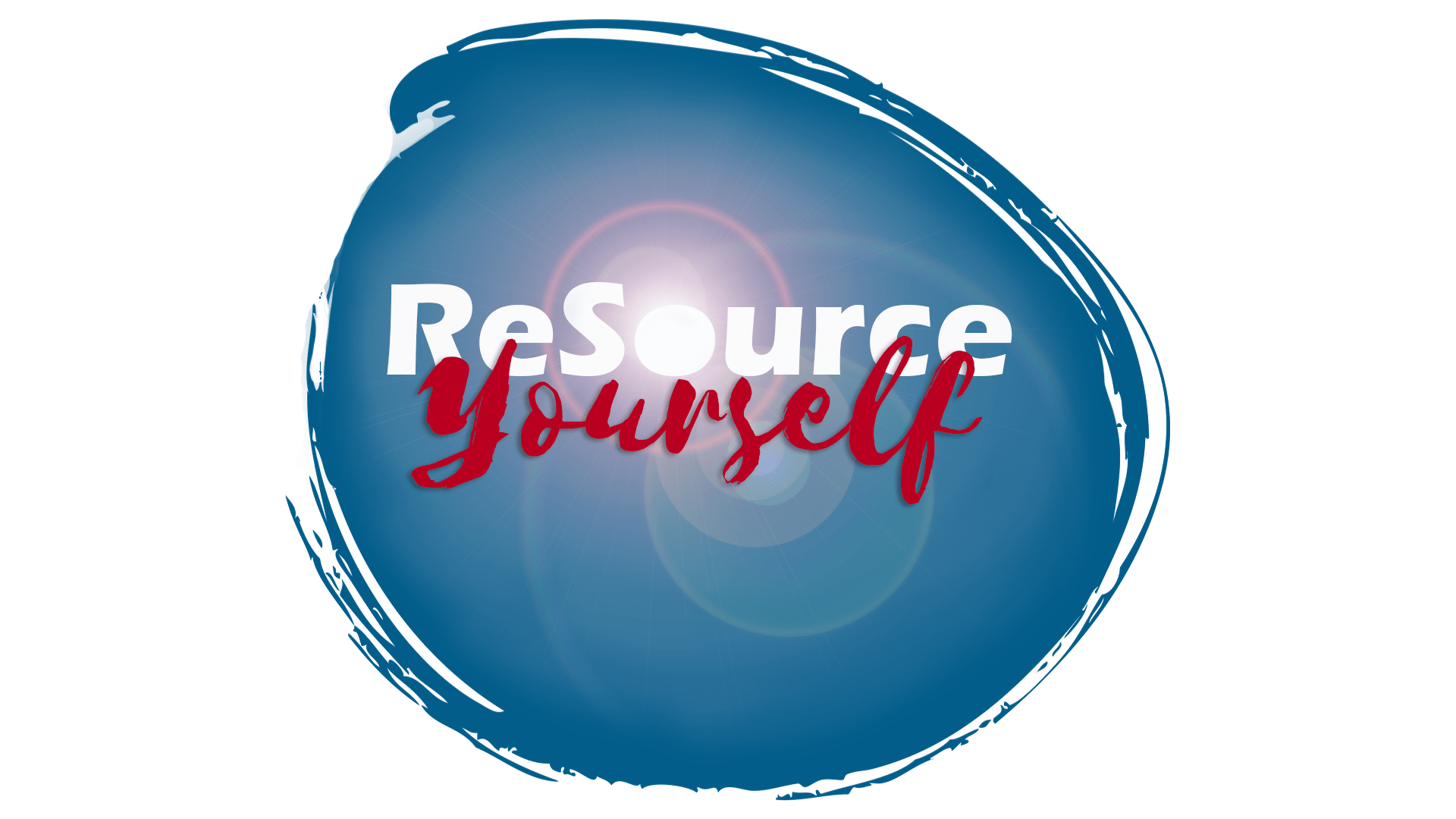When I first started dating I learned a valuable lesson that keeps coming back to me in crucial moments in my live.
I started seeing that American guy who was older, quite traditional, and more experienced then I. We went on our first date to a restaurant in Germany, had great food and good conversation, and enjoyed ourselves. When it came to paying, the waitress came and handed him the plate with the ticket, and I all of a sudden became aware that he must not know the German way to go about the tip – tell the waitress to round up or charge more, rather than leave it on the plate. So I started telling him (in front of her) how he should handle the situation.
Needless to say, he got very angry and we left the restaurant in a tense mood. When things calmed down, we talked and he told me: “You don’t get to correct me. You get to take the choice of whether or not you want to go out with a guy. And once you choose, you experience how the guy is and leave him his responsibility of doing things.”
It made sense then, even if it was – and still is – hard to do.
How many times, when things get difficult in a relationship, we expect or demand the other person to change? As a therapist I always refer to this truth: When you start trying to change your partner, your relationship goes down the drain. But as a woman in relationships, there have been times when I was unaware of how much I wanted to change my partner. (It’s always so much easier to see in others!)
As we expect the other person to change, we can easily end up in a downward spiral: Every partner only talks about the problems and mistakes of the other one. And most of the communication focuses on problems and difficulties, rather than all the good things. Those have less and less space. When you’re in a downward spiral, and you ask yourself “how did we get here?” or “how can this be so impossible to talk to my partner?” it may be time to remember my dating lesson: You get to choose whether you want to be with this person. But once you say yes, you have to take the whole package. And that includes the negative parts. Or you can walk away (and will likely find similar problems and emotions and patterns in your next relationships.
When we say YES to the whole person, we can stop nagging and complaining. We can trust our partner that they want to –and can- give their best and be their best, and we can support them by not constantly pulling them down and criticizing. We can start perceiving the positive things again. And develop gratitude. We can concentrate our efforts on becoming a better partner ourselves, on growing and changing what is ours to change. And we can leave some space for laughter and fun.


